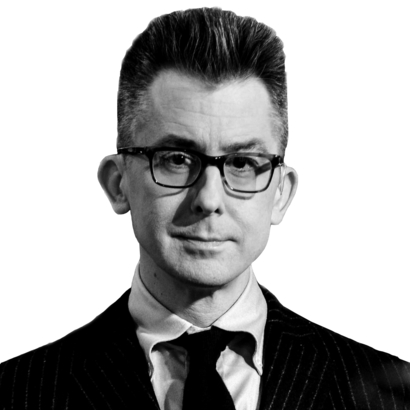In My Time of Dying: How I Came Face-to-Face with the Idea of an Afterlife by Sebastian Junger
Sebastian Junger knows death.
Few contemporary writers can bring a reader into the bodies and minds of men as they are forced to confront their demise as masterfully as he can, whether it is six fishermen aboard the Andrea Gail in his 1997 book, A Perfect Storm, or a platoon of American soldiers on patrol in Afghanistan’s Korengal Valley, as recounted in War (2010). His skill in making us feel what happens to us as we die is unmatched. (His taut, tense account in A Perfect Storm of the physiological way a man drowns remains a mini–master class in ticktock writing.)


